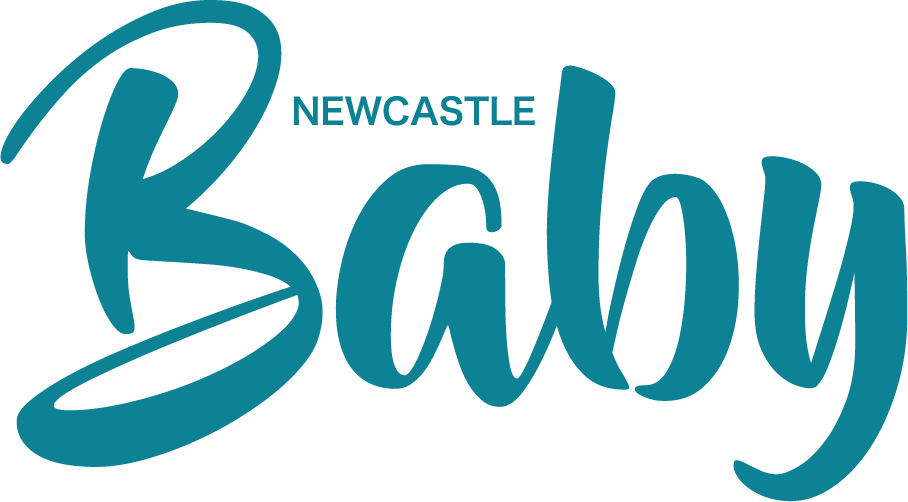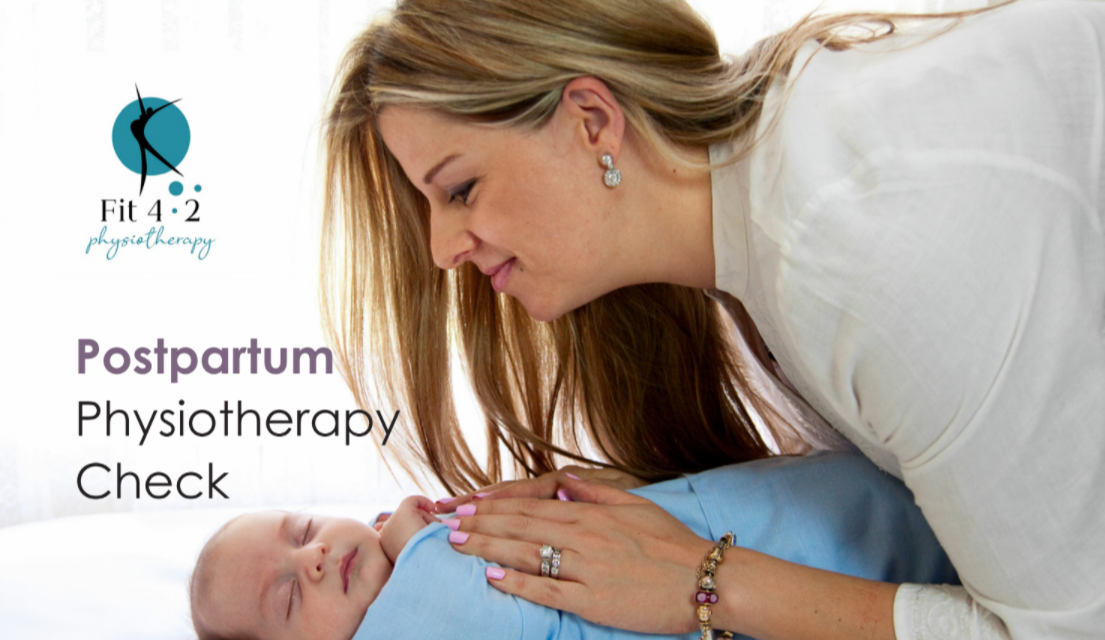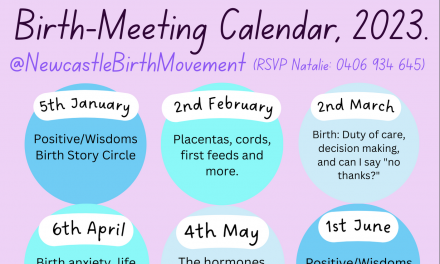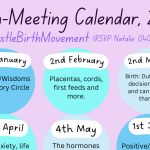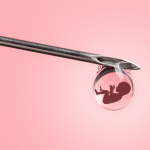During pregnancy there are approximately twelve antenatal appointments with your doctor or midwife. However postnatally there is usually only one appointment scheduled for new mums. This 6 week check-up with your Midwife, G.P or Obstetrician is often seen as the green light to return to all activities of daily living including domestic duties, returning to exercise and sexual intercourse.
The pressure that society and social media places on women to “bounce back” and carry on as though they have not just given birth is unrealistic and can often lead to women doing too much too soon with little guidance. A Women’s health Physiotherapist can support and guide you through your recovery.
During pregnancy and birth your body undergoes significant changes placing strain on your pelvic floor and abdominal muscles.
Returning to pre-pregnancy activities requires rehabilitation. This is especially important if you are planning on engaging in activities such as running, high impact sports or lifting weights. Returning to sports before strengthening the core can in fact lead to injuries including pelvic floor dysfunction and Pelvic organ prolapse. This is why it is important not only to have a postpartum check up with your care provider but also with a Women’s health Physiotherapist.
The 6 week medical check-up and the postpartum Physio check-up are different, both are important. One does not replace the other.
Your Postpartum check-up with your doctor or midwife usually involves:
- Screening for postpartum depression
- A discussion about contraception
- Checking your Blood Pressure
- Checking how your perineal, vaginal or Caesarean wounds are healing.
- Checking that your uterus has returned to its normal size and bleeding has ceased.
- You may have an internal examination and a pap smear if it is due.
- Discussions around the health of your baby.
During the Covid-19 pandemic some of these appointments have unfortunately been reduced to Telehealth which can leave new mums with questions regarding ongoing musculoskeletal pain, pelvic floor problems, incontinence, returning to exercise and even coping with the activities of daily living such as keeping up with their children and the demands of baby care.
Obstetricians, midwives and GP’s are experts in antenatal care, birth and ensuring both mother and baby are medically well postnatally. Musculoskeletal pain, pelvic floor issues, incontinence, exercise prescription and rehabilitation are the specialty of Women’s health physiotherapists.
Your Postpartum Physiotherapy check-up will usually involve:
- A discussion about your birth.
- Screening for bladder, bowel or sexual dysfunction.
- Postural alignment assessment.
- A vaginal examination to assess pelvic floor muscle function.
- Prolapse assessment – Checking the position of the pelvic organs.
- Assessments of your abdominals for abdominal separation and core strength.
- Assessment of scar tissue mobility – Caesarean scar, episiotomy or perineal tears.
- Musculoskeletal assessment of any aches and pains.
From these assessment findings your physiotherapist will create a treatment plan to help you achieve your goals, thereby reducing the risk of injury. This treatment plan may include some manual therapy, a personalised pelvic floor exercise program, core strengthening and exercises for improving abdominal muscle separation.
Every birth and recovery is unique, therefore you deserve a unique rehabilitation program to help you achieve your goals whether that is keeping up with your toddler, feeding your baby without back pain or getting back to the gym. This should be a
specific program tailored to your individual body, not just a one size fits all approach.
Ideally a postpartum physiotherapy assessment is performed around 4- 6 weeks after birth, but it is never too late. Once postpartum always postpartum. Whether you had a vaginal or Caesarean birth and whether this is your first or fifth baby you can benefit from physiotherapy.
Kirsten Joyner is a Physiotherapist and Pilates practitioner specialising in the perinatal period. Kirsten is passionate about helping women strengthen their bodies and minds in preparation for childbirth as well as guiding them in their Postpartum rehabilitation; she is a proud mother of two. Kirsten is available for consultation at ‘Pilates for Life’ The Junction.
Fit-4-2 Physiotherapy
– Pregnancy Physiotherapy
– Postpartum Physio checks
– Diastasis Recti and pelvic floor rehab
– Return to sport programs
– Pregnancy & Postpartum Pilates classes
– Obstetric T.E.N.S hire
– Workshops & Online courses.
www.fit-4-2Physio.com.au
Instagram @fit.4.2physio
Facebook @Fit-4-2
0415 871 043
